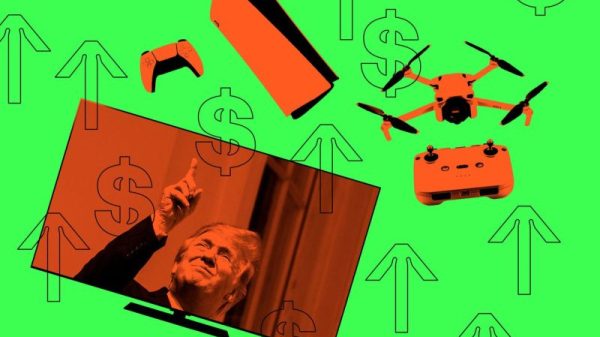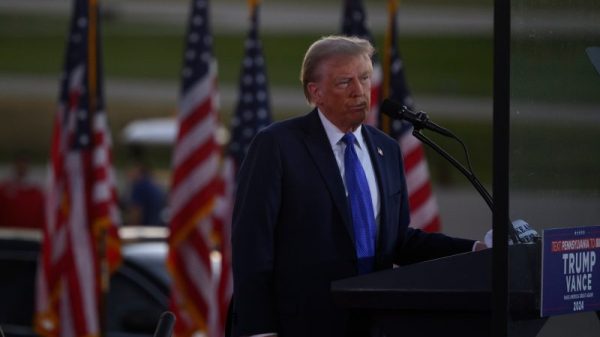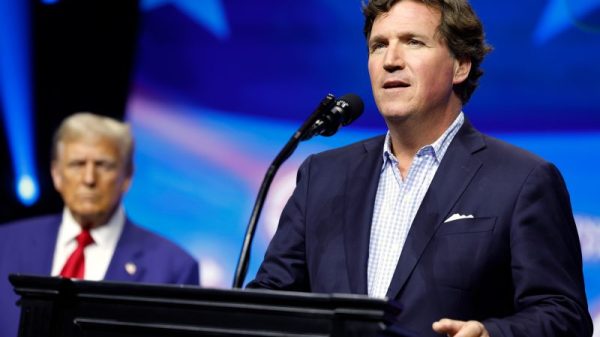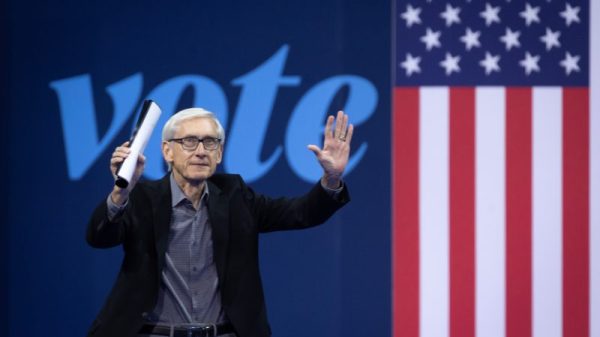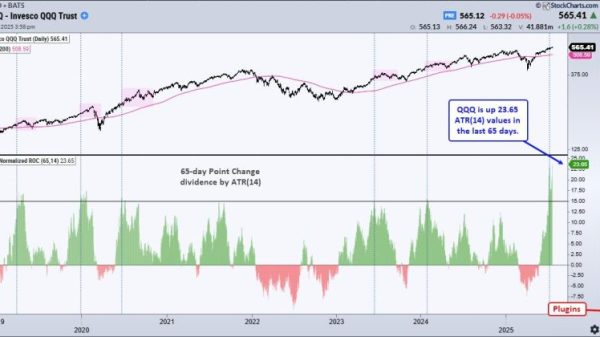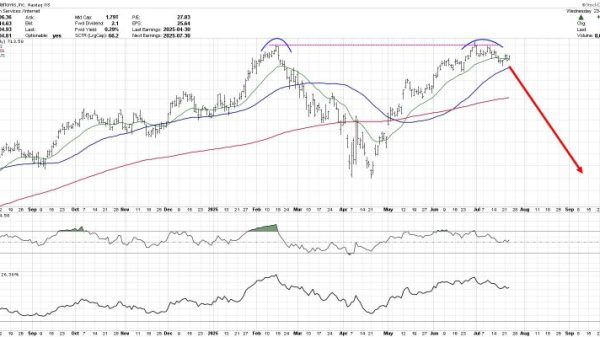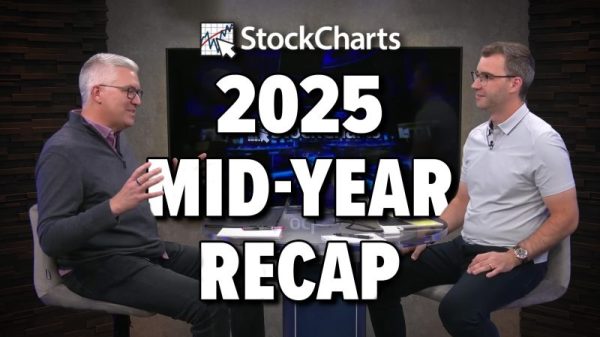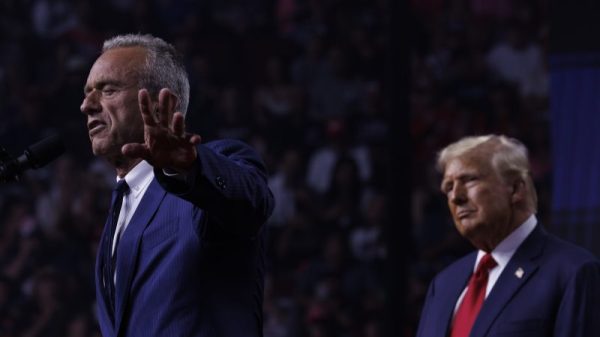On the campaign trail in 2016, Donald Trump often criticized President Barack Obama and Washington more broadly by invoking a very large number: the scale of the federal debt.
“We’ve doubled our national debt to $20 trillion under President Obama,” he said during an October 2016 speech in Pennsylvania. “In less than eight years, $10 trillion has been added. Think of it.”
There were a few reasons for him to raise this issue (which, unlike other assertions he made during that campaign, was essentially true). One, of course, was that it was a way to seize upon the broad distaste Americans have for paying taxes — and specifically, the lingering anger among Republicans about taxation and spending. The other was that this was still an issue on which Republican candidates focused — though, once in office, not much was generally done to address it.
So it was with Trump. When he came into office, the debt was just a tick under $20 trillion. By the time he left — in only four years, half the duration of Obama’s White House tenure — it had grown to just under $28 trillion. It remains the single largest four-year increase in history, though President Biden (who has seen the debt increase $6.4 trillion so far in his presidency) may give him a run for his money.
Former U.N. ambassador Nikki Haley, who is running against Trump for the Republican presidential nomination, has at times criticized Trump for allowing the debt to increase so rapidly. This, too, isn’t a mystery; while there wasn’t a great deal of Republican criticism while Trump was overseeing the increase, it is still an issue on which Republicans in particular have strong feelings.
A Washington Post-538-Ipsos poll conducted this month found that 3 in 10 Republicans viewed the federal debt as one of the most important issues facing the country. Only inflation and immigration came in higher.
Trump’s response to such criticism is simple: The economy was humming, and then the coronavirus pandemic hit. That’s why the debt surged so much. This was an argument used in defense of Obama, too, that the exogenous financial crash meant that enormous spending was suddenly needed. (Not that Trump often acknowledged that argument in 2016.)
New analysis from the Committee for a Responsible Federal Budget, though, undermines Trump’s argument. It considered several policies signed into law by Trump and found that, on a 10-year time span (as such legislation usually operates), Trump’s administration added more than $8 trillion to the debt.
Importantly, less than half of that was a function of the pandemic.
The CRFB analysis indicates that when Trump came into office, the government was projected to add at least $3 trillion in debt over four years — an estimate that derives from commitments made by previous presidents. Trump exceeded that (largely thanks to covid) but then also pushed up the debt for the presidents that followed him (including, should he win in November, himself).
While Americans like to complain about taxes, and the debt is a perennial source of performative frustration — the old “leaving debt for our grandkids” line is about a century old — they often don’t really care that much if the spending is on things they like.
This very much fits into Trumpian politics, of course. Say the thing that people expect to hear, and then don’t worry much about doing something else.


